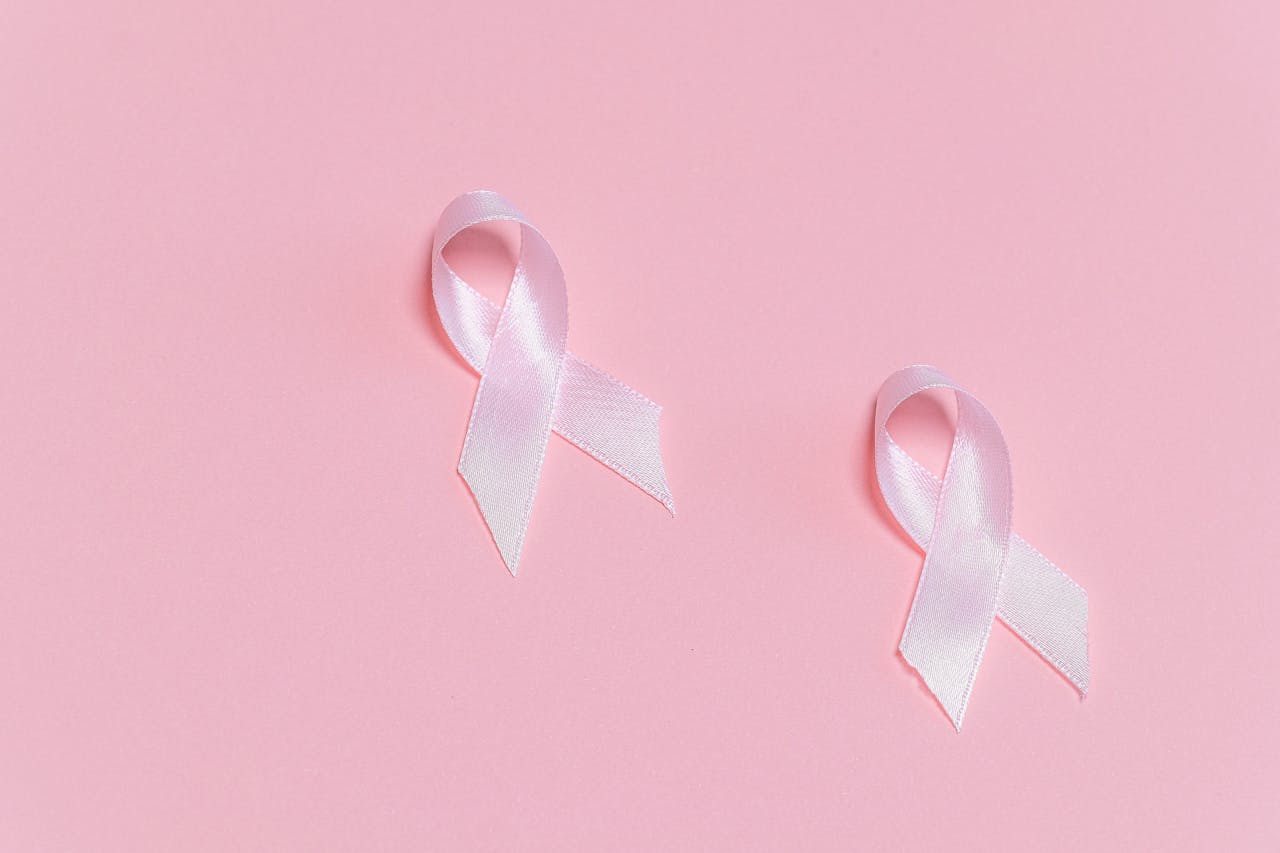Breast Cancer FAQ Frequently Asked Questions (FAQs)
Breast Cancer FAQ Frequently Asked Questions (FAQs), Breast Cancer FAQ: Your Comprehensive Guide, Breast Cancer FAQ: Your Quick Guide Get answers…
Breast Cancer FAQ Frequently Asked Questions (FAQs), Breast Cancer FAQ: Your Comprehensive Guide, Breast Cancer FAQ: Your Quick Guide
Get answers to common questions about breast cancer, including risk factors, symptoms, diagnosis, treatment options, and prevention strategies. Learn about screening guidelines, support resources, and how to support loved ones facing breast cancer.
Q: What is breast cancer? A: Breast cancer is a type of cancer that forms in the cells of the breasts. It can occur in both men and women, although it is much more common in women.
Q: What are the risk factors for breast cancer? A: Risk factors for breast cancer include age, family history, genetic mutations (such as BRCA1 and BRCA2), hormonal factors, lifestyle factors (such as alcohol consumption and obesity), and previous radiation therapy.
Q: What are the symptoms of breast cancer? A: Symptoms of breast cancer may include a lump or mass in the breast, changes in breast size or shape, nipple discharge, redness or thickening of the breast skin, and breast pain.
Q: How is breast cancer diagnosed? A: Breast cancer is typically diagnosed through a combination of screening tests (such as mammograms) and diagnostic tests (such as biopsies). Imaging tests, blood tests, and genetic testing may also be used to aid in diagnosis.
Q: What are the treatment options for breast cancer? A: Treatment for breast cancer may include surgery, chemotherapy, radiation therapy, hormone therapy, targeted therapy, and immunotherapy. The type of treatment recommended depends on the stage and characteristics of the cancer, as well as the patient’s overall health and preferences.
Q: What are the survival rates for breast cancer? A: Survival rates for breast cancer vary depending on factors such as the stage of the cancer, the subtype of breast cancer, and the individual’s age and overall health. Early detection and treatment can significantly improve prognosis and survival rates.
Related: Common Questions about Mental health with our concise FAQ. Join TELEGRAM
Q: How can breast cancer be prevented? A: While there is no guaranteed way to prevent breast cancer, certain lifestyle modifications may help reduce the risk. These include maintaining a healthy weight, limiting alcohol consumption, being physically active, breastfeeding, and avoiding hormone replacement therapy.
Q: How often should women undergo breast cancer screening? A: Guidelines for breast cancer screening vary among organizations, but most recommend regular mammograms starting at age 40 or 50, depending on individual risk factors. Clinical breast exams and self-exams may also be recommended. It’s important for women to discuss their screening plan with their healthcare provider.
Q: Where can I find support and resources for breast cancer patients and survivors? A: There are numerous organizations and resources available to support breast cancer patients and survivors, including support groups, online communities, educational materials, and advocacy organizations. Healthcare providers and cancer centers can also provide information and referrals to supportive services.
Q: Can men get breast cancer? A: Yes, although rare, men can develop breast cancer. It accounts for about 1% of all breast cancer cases. Men with a family history of breast cancer or certain genetic mutations, such as BRCA2, may be at higher risk.
Q: What are the different types of breast cancer? A: The most common types of breast cancer include ductal carcinoma in situ (DCIS), invasive ductal carcinoma (IDC), invasive lobular carcinoma (ILC), and triple-negative breast cancer (TNBC). Each type has distinct characteristics and treatment approaches.
Q: How does genetics play a role in breast cancer risk? A: Genetic mutations, such as BRCA1 and BRCA2, can significantly increase the risk of breast cancer. Women with these mutations have a much higher lifetime risk of developing breast cancer compared to those without the mutations.
Q: What are the potential side effects of breast cancer treatment? A: Side effects of breast cancer treatment may vary depending on the type of treatment received but can include fatigue, nausea, hair loss, changes in appetite, weight changes, and emotional distress. It’s essential for patients to discuss potential side effects with their healthcare team and seek support as needed.
Q: Are there clinical trials available for breast cancer treatment? A: Yes, there are ongoing clinical trials investigating new treatments, therapies, and approaches for breast cancer. Clinical trials offer opportunities for patients to access cutting-edge treatments and contribute to advancements in breast cancer research. Patients interested in participating in a clinical trial should discuss options with their healthcare provider.
Q: Can breast cancer recur after treatment? A: Yes, breast cancer can recur after treatment, even if it has been in remission for many years. Regular follow-up appointments and monitoring are essential for detecting any signs of recurrence early. Patients should discuss their follow-up care plan with their healthcare team.
Q: How can I support a loved one diagnosed with breast cancer? A: Supporting a loved one with breast cancer involves offering emotional support, practical assistance with daily tasks, and being a good listener. It’s important to respect their autonomy and choices regarding treatment and provide reassurance and encouragement throughout their journey. Additionally, caregivers should prioritize self-care and seek support from others when needed
